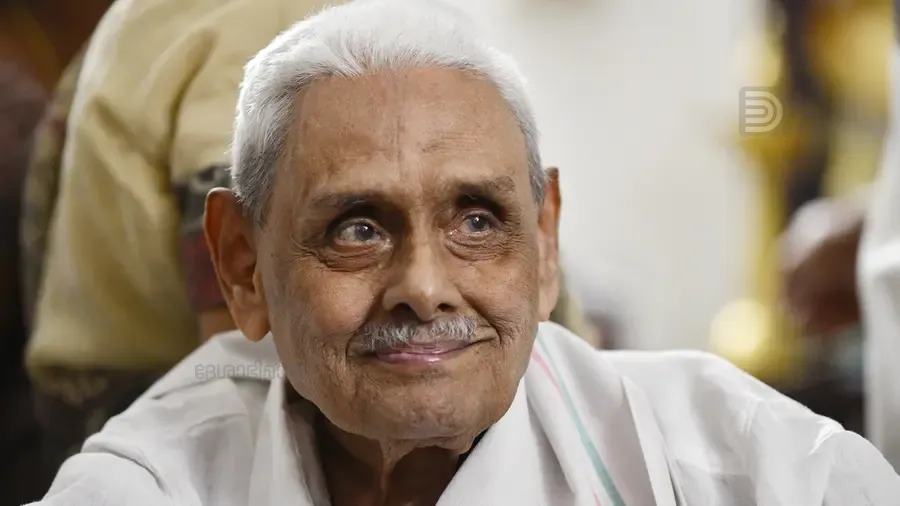Muslim quota Bill will be introduced in the budget session:CM KCR
Thu 19 Jan 2017, 10:48:47
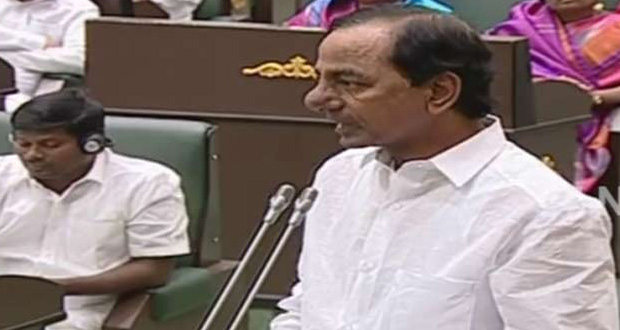
Chief Minister K Chandrashekhar Rao on Wednesday exuded confidence that the implementation of the 12 per cent reservation promised by the State government in education and employment for poor Muslims would not face any impediments.
Replying to a short discussion on minorities’ welfare in the State Legislative Assembly, he said the Government was firm on going ahead with its decision by making the provision tenable practically, legally and procedurally.
Stating that the quota would be based on the backwardness of the community in education and other socio-economic aspects, the Chief Minister said the Tamil Nadu Act of 1994 that facilitated minority reservations was included in the Ninth Schedule. The then prime minister, P V Narasimha Rao was convinced by Congress leaders such as Sitaram Kesari about the tenability of the Act before going ahead with the enactment. The Telangana State government was seeking the same provision for the benefit of its minorities, he said.
Earlier, initiating the debate, the Chief Minister said the government had also decided to set up 200 Residential Schools exclusively for the minorities at a cost of Rs 8,000 Crores in the State, of which 71 had already begun operations during the 2016-17 academic year.
He said 100 of the 200 Minorities Residential Schools would be exclusively for girls since it was noticed that the dropout rate among girls was high. “About 1.28 lakh students, both boys and girls, will get global level education in English medium in these schools,” he said, adding that these revolutionary measures for minorities will usher in a wonderful future for youngsters from the minority communities.
In his reply on the debate later, the Chief Minister said that besides mounting pressure
on the Centre, the State would move the Supreme Court to facilitate the quota for Muslims. “There cannot be two different laws in the same country on this count. There is no need for any kind of apprehensions over the outcome of the move. If a provision is being implemented legally in Tamil Nadu, it cannot be denied to the sections concerned in Telangana. We will also insist on including the Telangana Muslim Quito bill in the Ninth Schedule.”
on the Centre, the State would move the Supreme Court to facilitate the quota for Muslims. “There cannot be two different laws in the same country on this count. There is no need for any kind of apprehensions over the outcome of the move. If a provision is being implemented legally in Tamil Nadu, it cannot be denied to the sections concerned in Telangana. We will also insist on including the Telangana Muslim Quito bill in the Ninth Schedule.”
“I thought of introducing the Bill in the present session. But as suggested by the advocate general, it was put off to the next session as some more formalities have to be fulfilled by taking the observations made by the Supreme Court and the High Court previously into consideration. The BC Commission should visit the districts to complete its work before making its final recommendations,” he said, and asserted that the bill will be introduced in the budget session, which would be convened within a month.
The Centre should not have any objection on this as the Bill seeks to give reservations for the educational and employment opportunities within the state, the Chief Minister said.“I am confident that the Bill would be passed unanimously in the next session of the Assembly. Thereafter, we can all go in an all-party delegation and meet the Prime Minister and press for the bill. The Parliament members from the State would also do their bit in taking up the issue with the Centre. If not, the State would have its way out. It can move the court of law to get the quota implemented, he said.
“We have achieved separate Statehood for Telangana by fighting with a strong determination and it should not be difficult for us to get the promise of Muslim quota translated into reality”, he asserted.
No Comments For This Post, Be first to write a Comment.
Most viewed from Hyderabad
Most viewed from World
AIMIM News
Latest Urdu News
Most Viewed
May 26, 2020
Do you think Canada-India relations will improve under New PM Mark Carney?
Latest Videos View All
Like Us
Home
About Us
Advertise With Us
All Polls
Epaper Archives
Privacy Policy
Contact Us
Download Etemaad App
© 2025 Etemaad Daily News, All Rights Reserved.

.jpg)
.jpg)
.jpg)
.jpg)
.jpg)
.jpg)
.jpg)

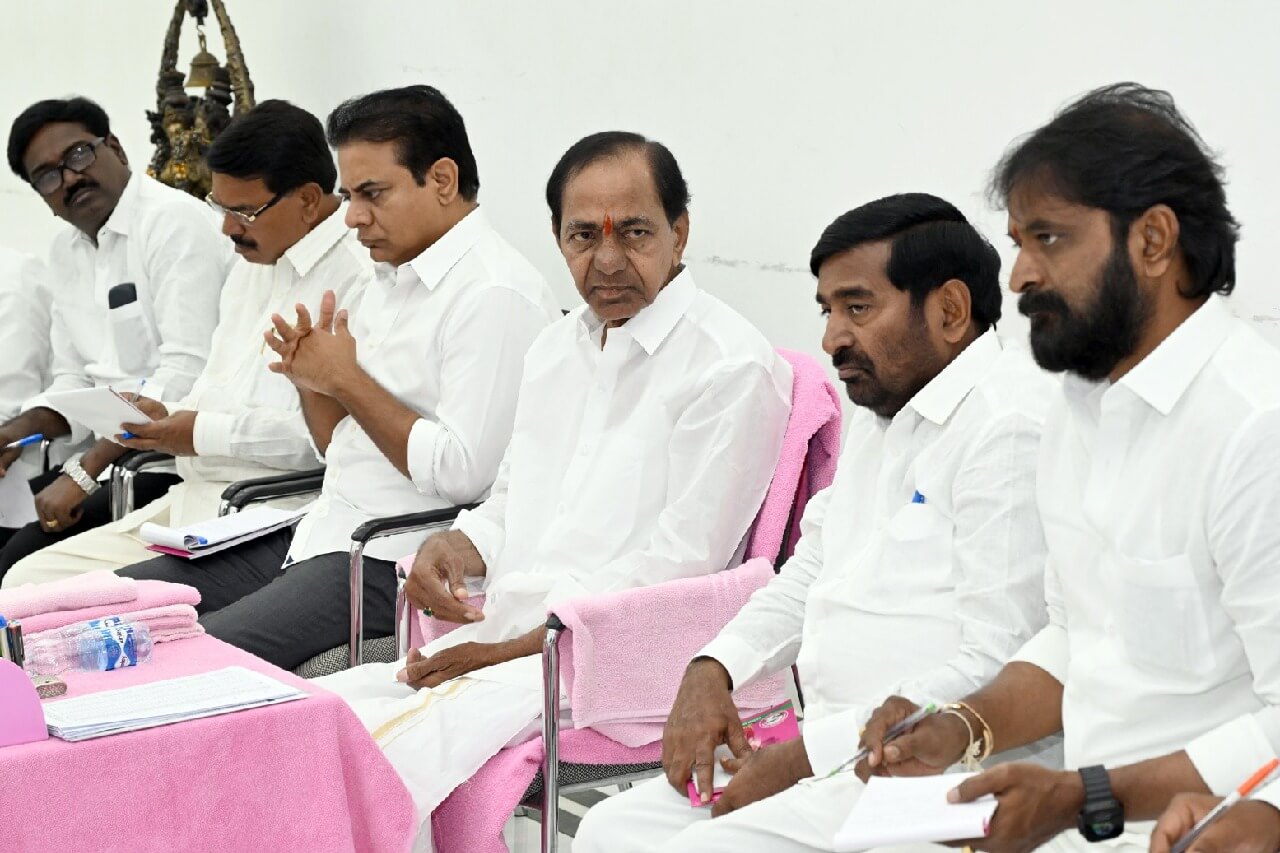
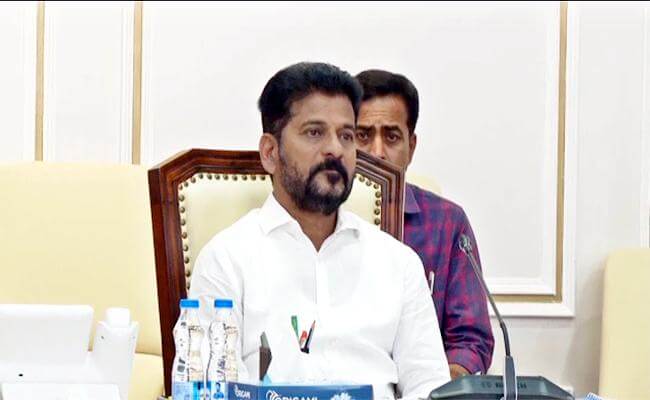
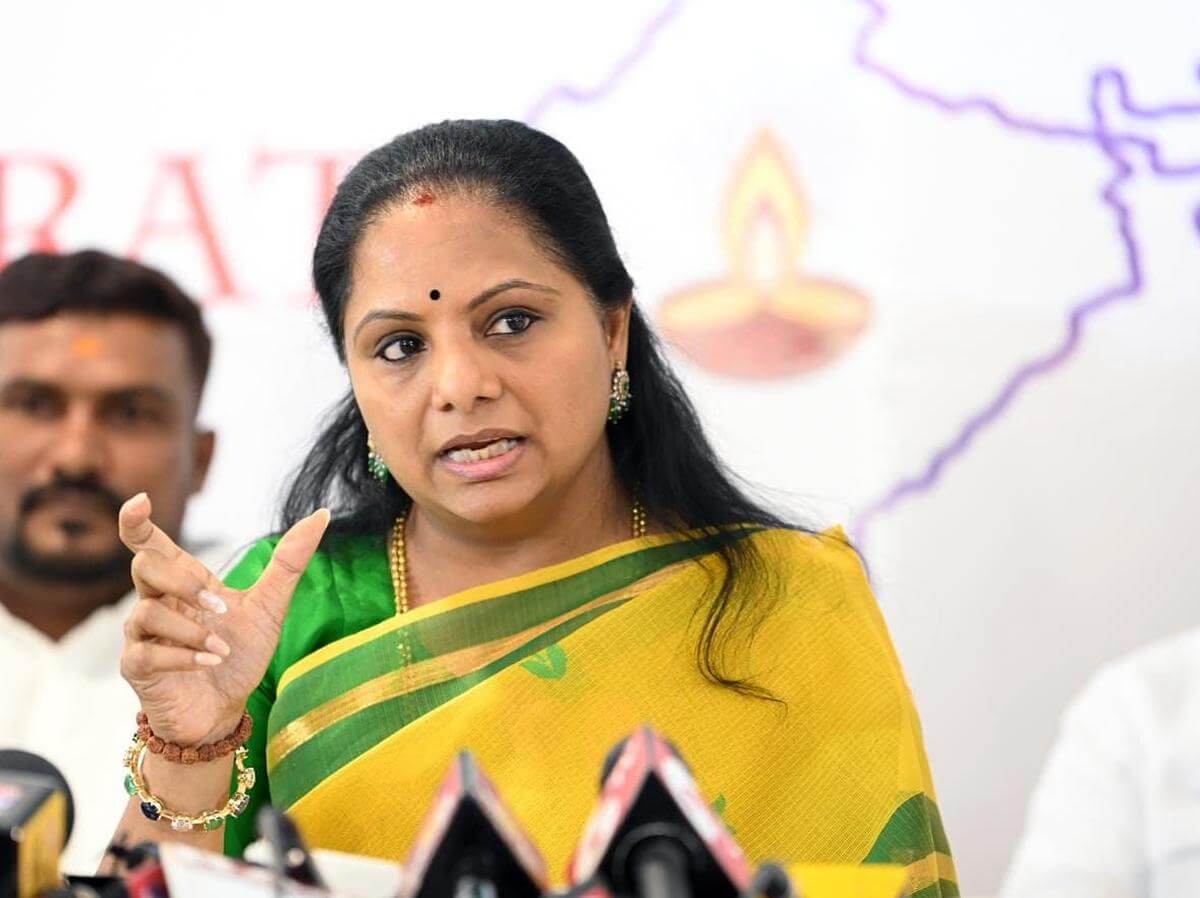
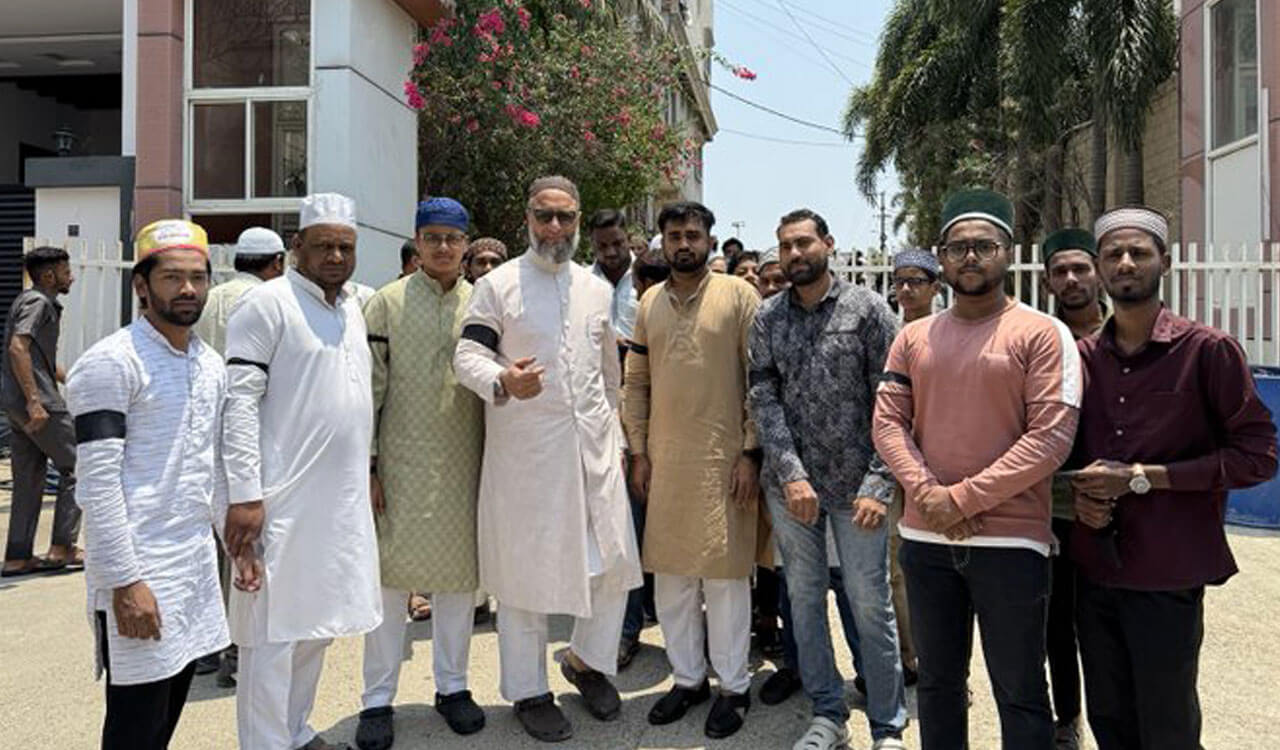
.jpg)
.jpg)
.jpg)
.jpg)
.jpg)
.jpg)
.jpg)
.jpg)
.jpg)
.jpg)
